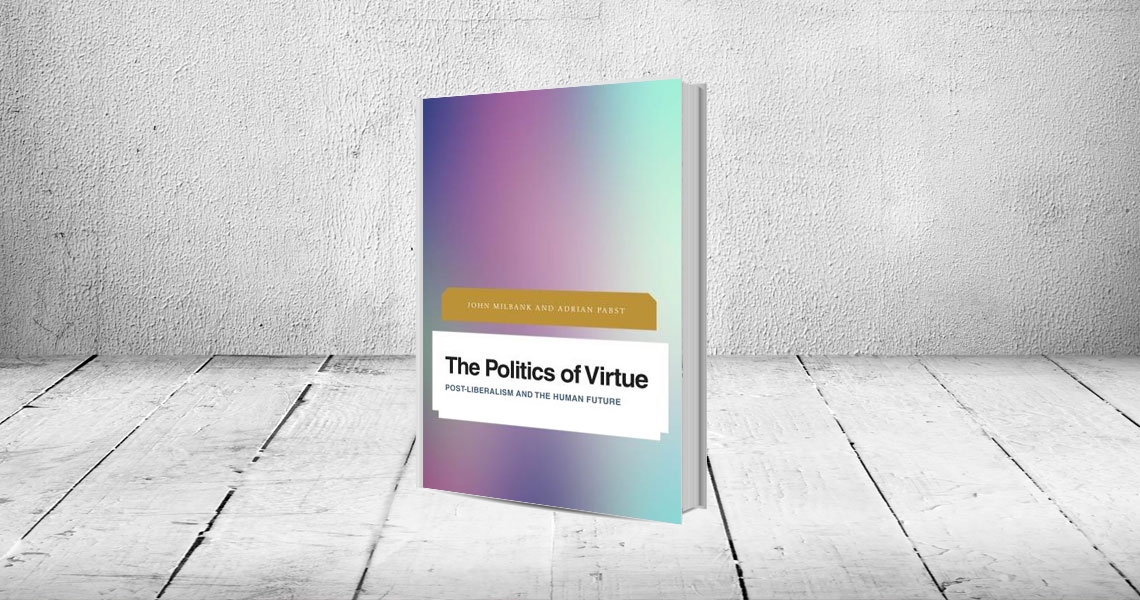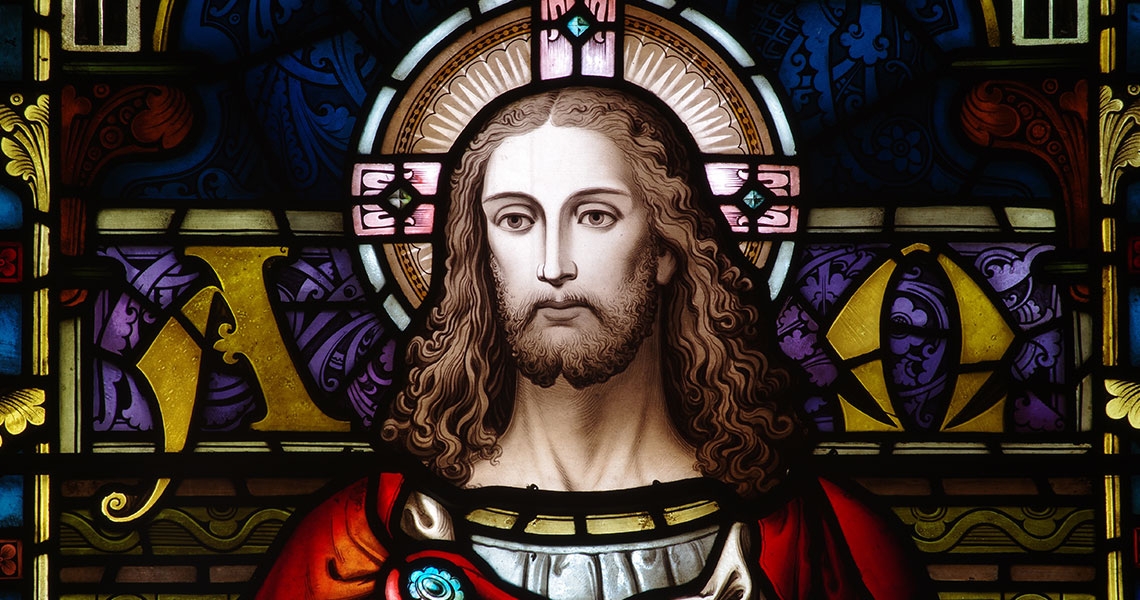Nelson shows convincingly how Western modern economics has evolved into a kind of "secular theology" or "secular religion".
In 1991 Robert H Nelson, an economist by training[1] and now Professor at the University of Maryland's School of Public Affairs, published Reaching for Heaven on Earth: the Theological Meaning of Economics[2]. In this book he attempted to uncover the often hidden and implicit value assumptions and indeed "messianic" visions behind the pre-20th-century schools of economic thought. In his more recent study, Economics as Religion: from Samuelson to Chicago and Beyond[3], he extends his argument to mainly American economics in the twentieth century.
Nelson begins Economics as Religion by briefly examine the origins in late nineteenth and early twentieth century of a progressive value system so prominent behind later economic schools of thought. In such diverse thinkers as Karl Marx, John Maynard Keynes, and many American progressive economists, he finds a foundational belief in modern science, industrial advance, economics as the driving force of history, the "gospel of efficiency", and societal engineering as bringing on "an end to scarcity and the arrival of a new era of abundance, thereby ending the alienating and debilitating struggles among contending economic interests in society" (p. 35). And what is appearing here is what Nelson considers the most vital secular religion of the modern age: economic progress, and in its shadow arrives the economists as "pre-eminent social scientists" (p. 266), as this secular religion’s theologians and priesthood, not seldom occupied with one paramount riddle to solve: the market paradox[4].
From here Nelson turns to a theological exegesis of the two main strands of the economics religion in twentieth-century America: the Progressive Catholicism of Paul Samuelson and Cambridge/MIT[5] economics and the Calvinist Protestantism of Frank Knight and the Chicago School.
The Cambridge school in general and the former MIT professor Paul Samuelson (and his highly influential textbook in economics, Economics, first published in 1948)[6] in particular, tried to adapt the older progressive message to a newly scientific appearance which was meant to instil a commitment to the market (rather than to the direct control by government) as the natural order of society, to the priestly authority of economist as the true interpreters of the market mechanism, and to the possibility that the natural order of society can be scientifically managed. Economic progress is the goal, the core value by which other matters must be judged. The means to reach this goal "is an efficient economic system; the sinners are special interests; the greatest danger posed for the world is cyclical instability and unemployment of resources that will lead to demagoguery, dictatorship, and war. ... Economic growth ... creates a 'virtuous circle.' Within a few generations, all the old wars and other ills of human existence can be abolished forever after" (p. 110). Behind this "inspiring message", clothed in a scientific dress, Nelson sees glimpses of both a secular version of Jewish messianism (like Marx) and a Catholic belief in the "professional classes" and in the rational world of "natural law".
In the 1960s new doubts arose concerning the core beliefs in the progressive gospel and we also find, says Nelson, a "shift in the epicentre of economics from … Cambridge ... to ... Chicago" (p. 112). In the Chicago school of economics we find much greater scepticism with respect to scientific management of society and to the vision of twentieth-century welfare and regulatory state. We also find a more strong emphasis on individualism and individual liberty, often coupled with focus on uncertainty and human depravity, and irreverence toward authority. If Cambridge preached the gospel of progress and efficiency, Chicago preached – also behind a supposed scientific rationality – the gospel of (economic) self-interest. According to Nelson the Chicago school represents a "Protestant" (Calvinistic and Puritan) side of American economics.
The original foundation for the Chicago school can be said to be laid by Frank Knigth already in the first half of the twentieth century. The more "Calvinistic" elements of his thought would be recast by later members of the school in a more libertarian direction. Nelson discusses here both the second generation with Milton Friedman (free market) and George Stiegler (scientific practice of economics), and the third generation with e.g. Gary Becker and Richard Posner. In the third generation self-interest and calculation of personal gain is said to rule everywhere without exception, and Nelson finds here "an all-encompassing form of libertarian religion ... in which the only loyalty ... is the act of individual consumer choice for individual benefit" (p. 200).
Nelson finds the changes in American economics during the past thirty years stemming from the emergence of New Institutional Economics more promising than earlier economics. It re-writes economics in ways that avoid the Cambridge-Chicago split of the prior fifty years, but most important, it shows a serious attention to the role of information, institutions, transaction costs, history, culture, religion and a wider array of human motives for economic performance (e.g. in ensuring a higher level of trust and honesty in a society).
Nelson concludes the book with some questions for the twenty-first century regarding the status of the market and the crisis in the devotion to the notion of "progress" and environmentalism.
Nelson shows, rather convincingly I think, how Western modern economics - while still being a more or less valuable source of technical understanding of economic events - has evolved (often under influence from or in reaction to Christian theology) into a kind of "secular theology" or "secular religion": in a scientific and mathematical, as well as supposed objective, clothing it addresses questions similar to those faced in theology (explaining the mysteries of the "ways of society"); it offers an alternative vision of the "ultimate reality" in its fundamental belief in economic progress as the salvation and eschatological goal, in maximal efficiency in the use of the material resources of society (ensured by the market and economic self-interest) as the highest virtue, in scarcity as the fundamental evil in the world, etc.; and it plays a social role of legitimating the existing (or an alternative) social order through its own authoritative priesthood (economists) and its own sacred texts (e.g. Samuelson’s Economics).
In several ways Nelson in this study seems to confirm - in relation to economics - John Milbank’s thesis regarding secular social theories in Theology & Social Theory that "secular discourse ... is actually constituted in its secularity by 'heresy' in relation to orthodox Christianity, or else a rejection of Christianity that is more 'neo-pagan' than simply anti-religious. ... 'scientific' social theories are themselves theologies or anti-theologies in disguise".[7]
Some questions which one could ask regarding Nelson’s book are the following: How should economics look like in Nelson’s view? How would he like to reform it? Here he seems less clear to me, even if he gives some hints here and there. How could a theological economics look like that is not built upon progress and self-interest as fundamental beliefs? And why doesn’t Nelson offer a theological exegesis of the New Institutional Economics, or does he?
Notes
[1] He has, for instance, over eighteen years of experience with the U.S. Department of Interior conducting economic and policy studies of department programs.
[2] Lanham, Md: Rowman and Littlefield, 1991.
[3] University Park, PA: Pennsylvania State University Press, 2001 (2006).
[4] "[T]he workings of the market should be based on the individual pursuit of self-interest. Yet, if the pursuit of self-interest goes too far in society, the very existence of the market may itself be endangered" (p. 1, cf. pp. 20, 268).
[5] Massachusetts Institute of Technology.
[6] Paul Samuelson received the 1970 Nobel price in economics.
[7] Oxford: Blackwell Publishing, 1990, 2006, p. 3.







